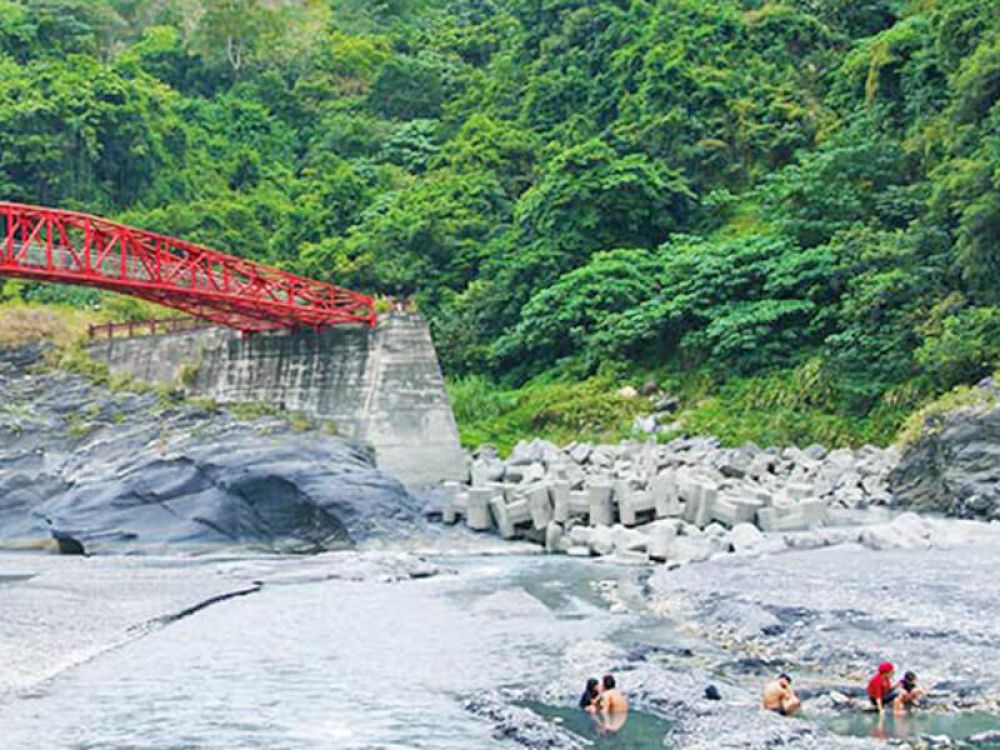

The Jhiben Hot Spring, located in the serene eastern part of Taiwan, in Taitung, represents one of the most cherished natural wonders in the region. Taitung itself is known for its beautiful landscapes, rich indigenous culture, and laid-back lifestyle. The hot springs, nestled within the lush mountains and embraced by the gentle flow of the Jhiben River, have been a source of allure and mystique to both locals and visitors alike.
The history of the Jhiben Hot Spring as a tourist destination can be traced back to the period of Japanese rule in Taiwan, beginning in 1895. The Japanese, with their rich onsen (hot spring) culture, quickly saw the potential in Jhiben's thermal waters and began developing it as a recreational site. By the early 20th century, Jhiben was known among the Japanese settlers and the local elite but remained largely a hidden gem for the general population.
Following World War II and Taiwan's change in governance, the Jhiben Hot Spring region saw increased domestic interest. By the 1970s, the local government started investing in infrastructure and facilities to accommodate visitors, thereby formally integrating Jhiben into Taiwan's burgeoning tourism landscape. This included the construction of public bathhouses, hotels, and transportation improvements.
In the subsequent decades, Jhiben Hot Spring has evolved into a famous health and wellness destination. Modern resorts and spas offering a range of services from thermal baths to beauty treatments have been established. The focus on wellness and the natural healing properties of hot springs aligns with the global trend towards health-conscious leisure activities.
In recent years, there has been a significant emphasis on sustainable tourism and ecological preservation in the area. Efforts to maintain the natural environment of the Jhiben Hot Spring region include limiting the development of new facilities and promoting eco-friendly practices amongst visitors and locales.
The indigenous Paiwan and Bunun tribes, among others, who inhabit the Taitung region, have also begun to integrate their unique cultures into the tourism experience. Visitors to Jhiben can now enjoy a blend of cultural activities, such as traditional music and dance performances, alongside the soothing experiences of the hot springs.
From an exclusive retreat during the Japanese occupation to a modern wellness haven, Jhiben Hot Spring's tourism journey mirrors that of Taiwan's own evolution and its growing global appeal. As the interest in health, sustainability, and authentic cultural experiences continues to rise, Jhiben Hot Spring is poised to remain a cherished destination for tourists seeking tranquility and rejuvenation.